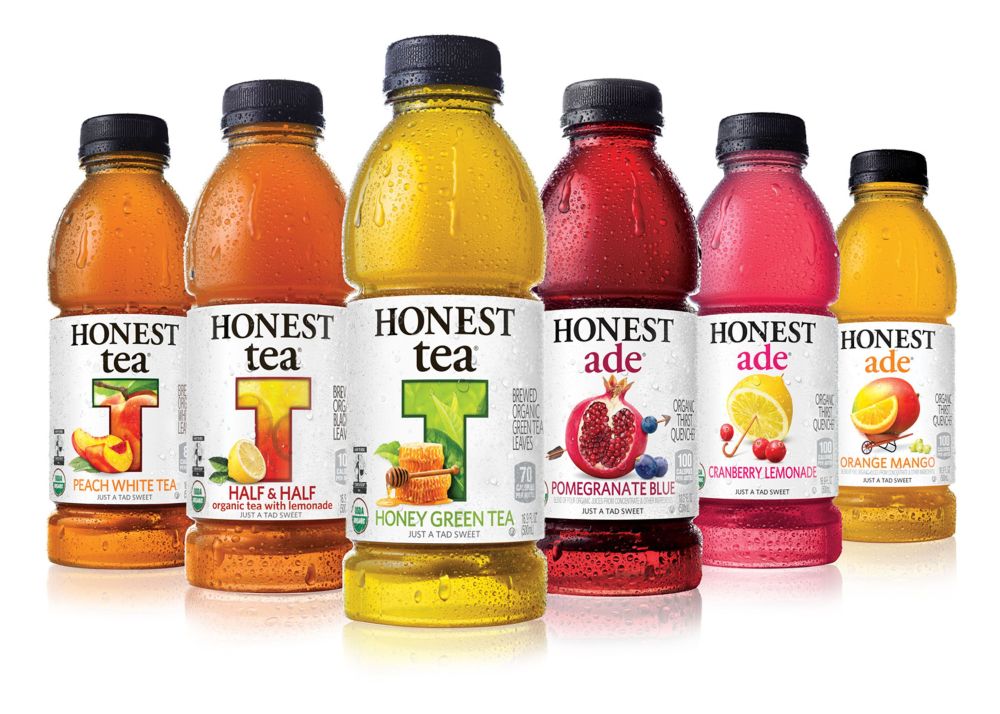The article is written by Darren Foley, Managing Director of Pearlfisher, London
Brands are becoming corporations, more people are becoming brands and more brands are flooding onto the market…we all know that we are a totally brand obsessed culture (and most of us wouldn’t have a job if it wasn’t for the brand world). But we mustn’t lose sight of the people behind the brands— and not just what these people are doing to build brands and aid commerce but what these people are doing for people and communities. Branding is an intrinsic part of human culture but human culture is a huge part of branding and we sometimes fail to look at it this way round and put humanity first.
As designers, we are agents for change. But it’s not just change for the sake of change. We firmly believe that we can make the world a better place through challenger design thinking and that we should fearlessly be striving for this. It’s not about being worthy—it’s about being a good human being and this should be as much a part of today’s brand and business model as any other. Admittedly, there has been a shift to integrate sustainability and social impact, but we need to keep challenging society and driving the change forward because we really can make a difference.
Pic. from www.reuseashoe.com website
Nike’s ‘Reuse-A-Shoe’ campaign is still one of the strongest, global community-based projects with collected shoes and scrap materials that would otherwise go to landfill recycled into Nike Grind. Nike has partnered with leading sports surfacing companies to incorporate Nike Grind into thousands of sport surfaces to provide places for kids to play.
Pic.Green & Black’s chocolate packaging designed by Pearlfisher
And to unashamedly mention one of our own brands for a minute, let’s look at the evolution of the Green & Black’s chocolate brand. Its success shows a proven link to design by expressing forward thinking attitudes of supporting farmer communities, fair trade and good business ethics—all wrapped around a great product. To see a brand like this influence and be adopted by far larger organisations is testimony to the long-term power of challenger design thinking in the context of community and global interconnectivity. You can listen to a conversation of Jonathan Ford with the Green & Black’s CEO here: http://soundcloud.com/pearlfisherlive/jonathan-ford-speaks-to-mark.
And global interconnectivity does present a fantastic opportunity for mankind. We should feel—and embrace—a responsibility to speak out about what matters, as the voice of the people has never been so strong. And we need to understand that the sense of fear we get when we are putting ourselves on the line is a positive as we design for change. Jonathan Ford, our Creative Partner is looking forward to discussing this concept further with attendees at the Feast conference (http://feastongood.com/SIWeek/Conference), which has the power of community as this year’s theme.

Photo: new look of the Honest Tea and Ade PET lines
It comes down to how we address the opportunity and use fear to aid creativity and drive us forward. We have recently been discussing this whole area with brands that share our vision for change and challenging behaviour and Jonathan was again involved in a recent chat with Seth Goldman President and ‘TeaEO’ of the hugely successful US brand Honest Tea. Seth didn’t just start his business because of a potentially lucrative gap in the market—this wasn’t the case at all. Iced tea was already booming but the brands in the market were full of sugar. Seth was worried about the long-term health of the US nation and knew that he had the drive and the passion to try and do something about it on a macro scale. He admitted to us that even now there’s ‘an urgency that keeps driving you’ and that helps him keep taking risks and pushing forward and that it’s ‘fear with purpose that keeps you focused’…And when we asked him whether passion or business acumen was more important, without hesitation he said ‘passion’…(Listen to our podcast with Seth in our Challenger & Icon podcast series here: http://www.pearlfisher.com/today)
We need creative, brave, passionate challenger ideas that break out of the rut in all walks of life to bring personal, social, commercial and brand revolution—and as designers we need to keep championing our role in the process and match that passion with pure, uncompromising and creative thinking.
About the Author
Darren Foley, Managing Director at Pearlfisher, London, joined the company in 2002 as Realisation Director, inventing the concept of realisation and advocating a design process in which our technical and creative teams work in harmony from the beginning. He has worked in the design industry for close to 25 years, starting out as a junior production artist, and amassing an unparalleled depth of knowledge for the discipline.


